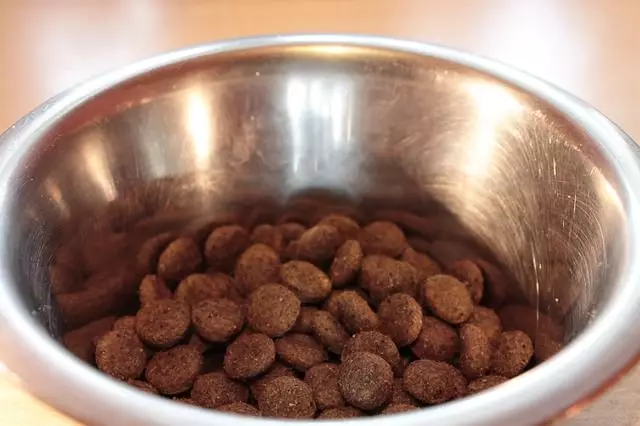As responsible and loving pet owners, the well-being of our four-legged companions is a paramount concern. With a myriad of dog food options available in stores and online today, it can be a daunting task to select the most appropriate one. While every dog is unique and has its own dietary requirements, certain ingredients commonly found in dog foods should cause pet owners to proceed with caution. Being informed about these potentially harmful additives can greatly impact the health and happiness of your canine family member.
One of the most troubling categories of ingredients in pet food is artificial colors. Many dog food manufacturers employ colorings like Red #40 and Blue #2, ostensibly to make their products visually appealing. However, these additives can pose significant health risks; Red #40 has been linked to various health issues in humans, including potential carcinogenic effects, leading to its ban in numerous countries, including all of the EU. Such alarming insights should serve as a wake-up call for pet owners—if it’s potentially dangerous for humans, it’s certainly not safe for your dogs either.
Another ingredient that appears frequently in low-quality dog foods is beef tallow. Essentially rendered beef fat, it lacks any nutritional benefits for your pet and is merely used to enhance flavor. The truth is, while pets may find these foods more palatable, they are not being provided with the balanced nutrition they deserve. Opting for food based on quality protein sources rather than cheap additives can lead to healthier dietary choices for dogs.
The Sugar Trap: Corn Syrup and Its Alternatives
Veteran pet owners are often surprised to find corn syrup listed in the ingredients of purportedly nutritious dog foods. As a synthetic sweetener devoid of nutritional value, corn syrup can lead to unhealthy eating habits in dogs. Much like children who forsake balanced meals for sugary snacks, dogs may develop aversions to wholesome food options in favor of sweetened products. Moreover, corn is a frequent allergen among pets. Just because it seems like a wholesome vegetable doesn’t mean that it translates into a beneficial ingredient in dog food.
Preservatives That Should Raise Alarms
Among the more concerning additives are preservatives like ethoxyquin. This particular chemical isn’t just a harmless ingredient; it’s also found in some industrial products and has been linked to liver problems in pets. While it remains widely permitted in the U.S., countries like Australia and those in the EU have rightly banned its usage. Being aware of what goes into your dog’s food can be the difference between a long, healthy life and one riddled with health issues.
Pet foods often contain “meat by-products” and “meat and bone meal,” which can be misleading. These are rendered ingredients made from parts of the animal deemed unfit for human consumption and can sometimes include unhealthy tissues. They offer little in terms of nutritional value and could even contain unsafe residues from medications used prior to euthanasia. The ambiguity surrounding these sources is a massive concern that responsible pet owners should not overlook.
The Perils of Filler Ingredients
Wheat and wheat gluten are commonly included in many kibbles marketed as high-protein diets. However, these are generally empty fillers that deliver little to no real nutritional gain. Dogs are not natural grain-eaters, and their digestive systems aren’t optimized to handle such ingredients. By understanding what goes into your dog’s bowl, you can make informed choices that offer them the nutrition they need.
Your dog’s health is profoundly influenced by the food you provide. By diligently scrutinizing ingredient labels and eliminating harmful additives, pet owners can play a proactive role in safeguarding their pet’s well-being. High-quality, nutritious dog food can ensure a vibrant, energetic life for your pet, fostering a long-lasting bond filled with joy and companionship. Remember, each decision made regarding your dog’s nutrition radiates into the larger realm of their overall health. Optimal choices mean a healthier, happier dog—and that’s the ultimate prize for any devoted dog parent. With vigilance and care, you can help ensure your beloved pup enjoys all the tail-wagging joy life has to offer!

